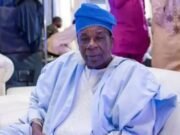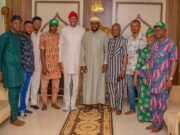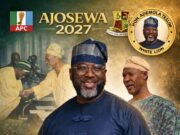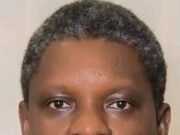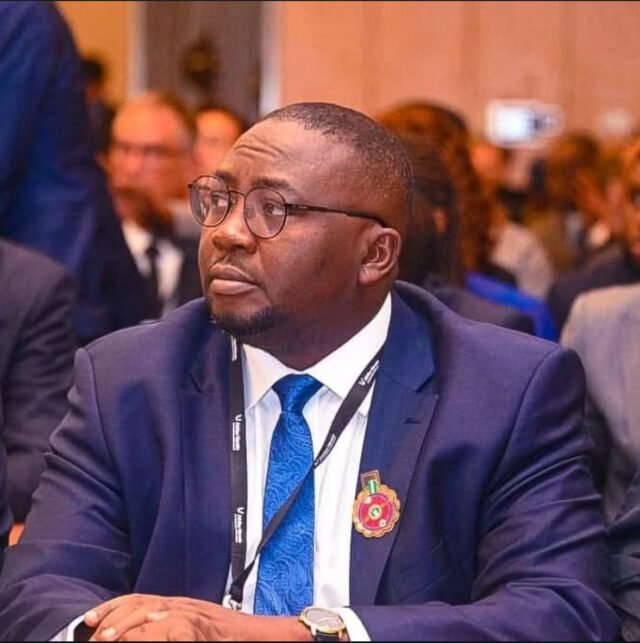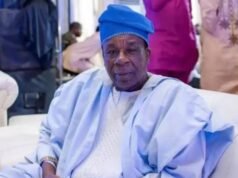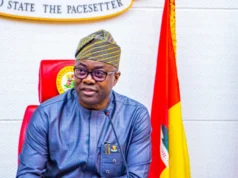Politics is often described as a game of numbers, but beyond that, it is a game of structure, alliances, and a deep understanding of the terrain. As the journey towards the 2027 elections begins to take shape in Oyo State, one name that continues to generate discussion is that of Adebayo Adelabu, popularly known as “Penkelemesi.” However, at this juncture, it is important to take a reflective look at his political journey-a journey that has been marked by avoidable errors and a failure to learn from the past.
In 2019, Adelabu entered the race for Oyo State governorship under the platform of the All Progressives Congress (APC). His campaign was vibrant and colorful. He moved with street boys, musicians, Nollywood stars, and entertainers. It was clear that he was determined to build street credibility. With the backing of then Governor Abiola Ajimobi, he was confident of victory. Many of his supporters believed that the combination of popularity on the streets and the influence of the sitting governor would deliver the seat to him.
Unfortunately, that strategy failed. While Adelabu focused on entertainment and crowd appeal, his opponent, Seyi Makinde, was building alliances quietly and smartly. Makinde understood the need to carry politicians along, those who controlled structures at the grassroots and had years of political experience. By the time the coalition of parties and political forces came together behind him, the momentum was unstoppable. Adelabu lost that election, not because he lacked acceptance, but because he underestimated the power of political structure and alliance-building.
By 2023, many expected a new approach from Adelabu. However, once again, the same old pattern played out. After failing to clinch the APC ticket, he defected to the Accord Party. It seemed like a fresh opportunity to rewrite his story. But once again, he failed to unite political gladiators or form a strong front against the now more experienced and widely accepted Seyi Makinde. His effort in that election barely moved the needle.
Now, as 2027 approaches, it appears that Adelabu has not done much soul-searching. All over town, mushroom campaign offices are springing up, often manned by individuals whose political relevance is questionable. Once again, his focus seems to be tilted towards the streets, with little attention to real political calculations. It is as though he believes popularity on the streets, a few familiar faces, and name recognition can win elections in a complex political landscape like Oyo State.
This approach is not only risky, it is also unrealistic. At this stage, Adelabu has the rare advantage of being in the APC, a party that houses many experienced, grassroots-based politicians in Oyo State. If only he would humble himself, build the right bridges, and work closely with party stakeholders, his chances could improve significantly.
However, there is also the burden of public perception. His current role as Minister of Power has not earned him the kind of praise or political capital that could boost his standing. Many believe his performance has been underwhelming. If he is banking on federal influence or the goodwill of President Tinubu to secure Oyo in 2027, then he is relying on a very weak foundation. The people of Oyo are politically conscious, and performance remains key.
At this juncture, the choice before Adebayo Adelabu is clear: continue on the same road of political isolation and superficial popularity, or return to the drawing board, make peace with political forces, and re-strategise properly. Politics is not showbiz, and elections are not won by vibes and loud campaigns alone.
As the tempo builds towards 2027, one can only hope that Adelabu will finally wake up, smell the coffee, and get it right for once.
Adebiyi Excellence Adewale


